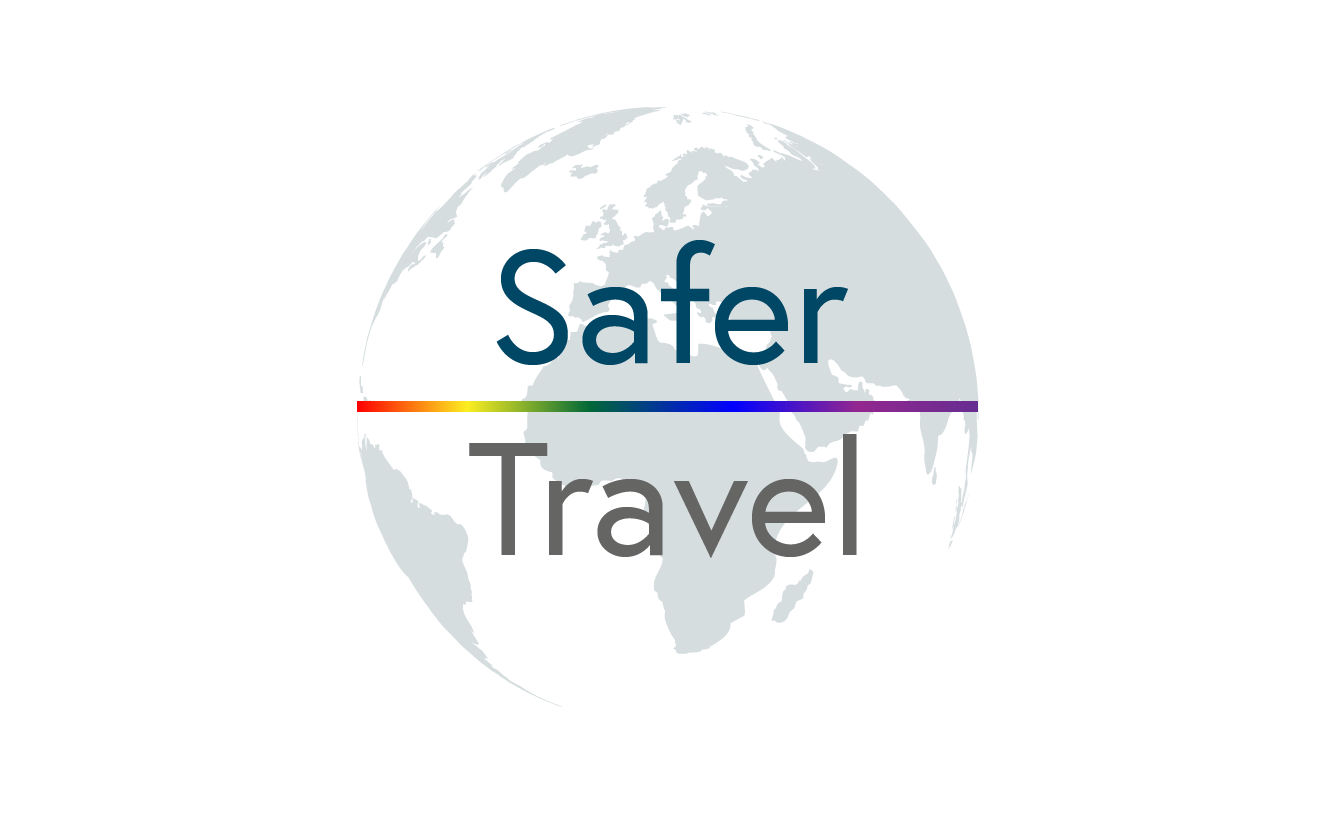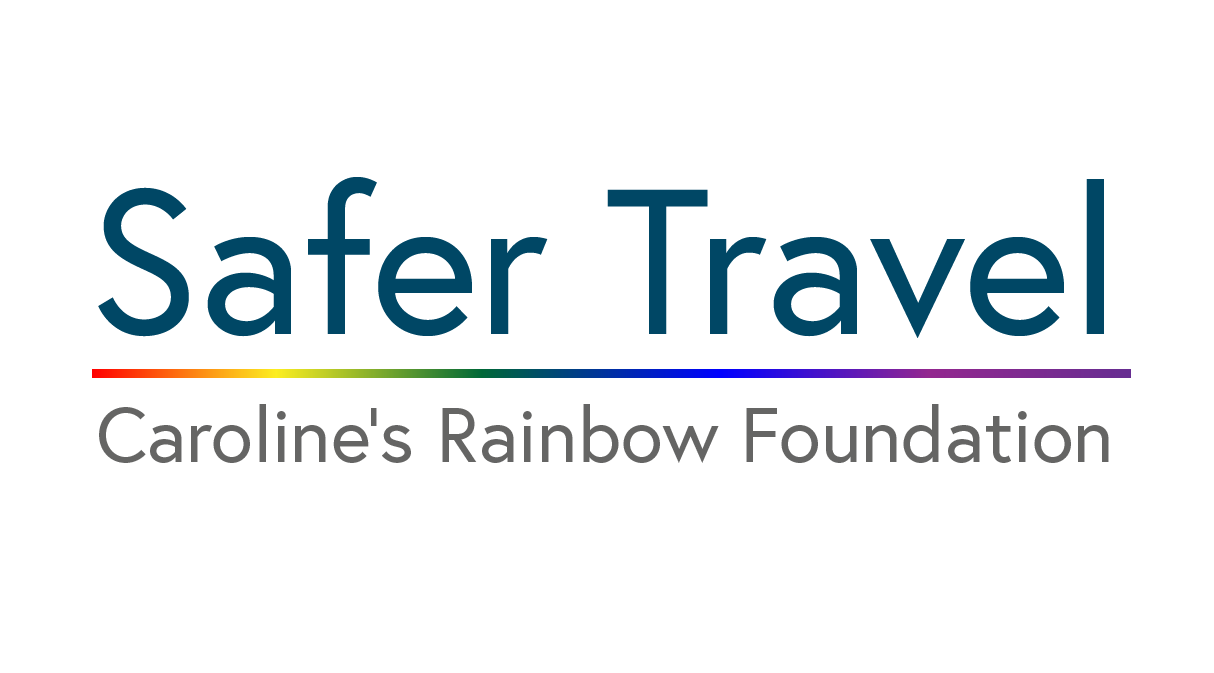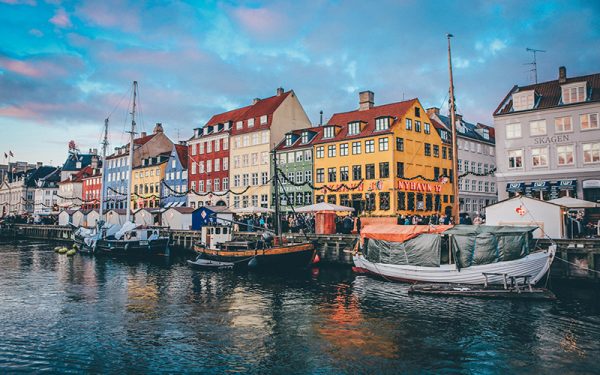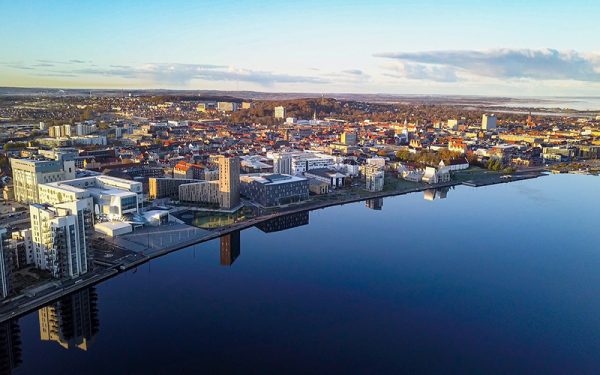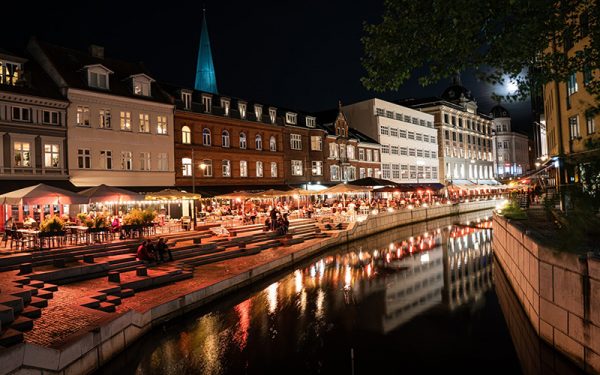Denmark
Details
Before visiting any country make sure you know the basics. General details and important information.
- Emergency Services: 112
- Language: Danish
- Currency: Danish Krone
- Capital City: Copenhagen
- Country Code: DNK
- Travel Visa: None required
- Population: 5,818,030
- Driving: Right hand side
Risk Level
Researching various official sources, we perceive the risk to holiday makers and travellers are as follows;
Travellers Tips
Top travel advice and interesting tip bits of information from experienced travellers.
Denmark
What are some customs and traditions in Denmark?
Green Living
Denmark is committed to creating a green and environmentally sustainable society. Over 20% of Denmark’s energy currently comes from renewable energy, and the goal is to make this 100% by 2050. Much of Denmark’s renewable energy comes from its wind farms, with Denmark being the world leader in developing wind turbines.
Denmark also has a strong cycling culture, as is demonstrated by the whopping 400km of cycle paths in Copenhagen alone. An impressive 40% of the city’s adult population commute to work by the humble bicycle.History and Legend
In a Netherlandish armorial (collection of coats of arms) from the late fourteenth century, a red banner with a white cross – similar to the Danish flag, known as the Dannebrog – is annexed to Valdemar IV Atterdag’s coat of arms. Danish legend goes that the Dannebrog fell from heaven during a battle in Estonia.
Society
Denmark has a rich history stretching back to the era of the Vikings, some 1000 years ago, and also has claim to having one of the oldest monarchies in the world. The Danish Constitution was made in 1849 and is the bedrock of Danish society, and the modern-day Danish political system is characterised by wide-ranging solutions that encompass the whole political spectrum. Denmark is often said to be one of the world’s best countries to live in. This could be due to the country’s strong welfare-based values which ensure economic equality in society and means that corruption is negligible. The benefits of living in Denmark are more than simply economic too, with opinion polls consistently showing that the Danish are among the happiest people in the world.
Welfare
The core belief of the Danish welfare system is that all citizens have equal rights to social security. Various services, such as health and education systems, are available to all citizens, free of charge. This welfare model is subsidised by the state, and consequently the taxes in Denmark are amongst the highest in the world.
What are some top safety tips for visiting Denmark?
The public transport infrastructure is generally of a very high standard. You can buy a variety of bus, train and metro tickets at train station kiosks and also at a selection of supermarkets, check how long they are valid and how to use them before travelling.
Thieves also operate at popular tourist attractions, along shopping streets and in restaurants also in hotel lobbies and breakfast areas, thieves take advantage of even a brief lapse in attention to snatch jackets, purses, and backpacks.
Try to book your first night’s accommodation in a new location. If you have been travelling for a long time the last thing you want to do when you arrive at your destination is find accommodation and especially if you plan to arrive after dark.
Within the Copenhagen inner city area during the tourist season you can rent city bicycles (available for a token fee). Cyclists found outside the inner city area on these bicycles may be subject to fines. Alternative cycle outlets hire out better quality bicycles for a reasonable fee with no restrictions on where you can go, cycling is a great way to see a large area in a short amount of time and with Denmark not having main hills to climb its easy riding.
What are some common crimes that occur in Denmark?
Criminals frequent airports, train stations, and cruise ship quays to take advantage of weary, luggage-burdened travellers try to be aware of your belongings and the belongings of your colleagues at all times.
Embassy Copenhagen has observed a significant increase in the number of passport thefts during the last few years. Especially in Copenhagen and other major Danish cities, tourists can become targets for pickpockets and sophisticated thieves.
What are the main annual events in Denmark?
Liberation
Denmark was liberated on 5 May 1945 and this date has been celebrated annually ever since. To mark the occasion, the Danes traditionally put lit candles in their windows.
Shrovetide
Shrovetide is a Danish Christian children’s festival. The children dress up in traditional Danish outfits on Quinquagesima Sunday (the Sunday before Ash Wednesday) and walk around with collection tins, trying to collect money from the adults.
Vlademar’s Day
Vlademar’s Day (June 15th) is so named after a victorious crusade in the thirteenth century by Danish King Valdemar II. Nowadays, the day is celebrated by the selling of miniature Danish national flags.
